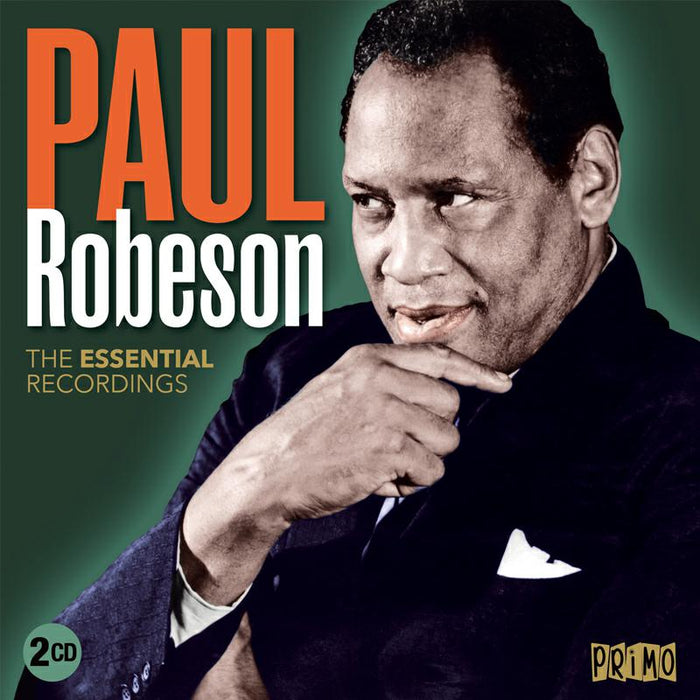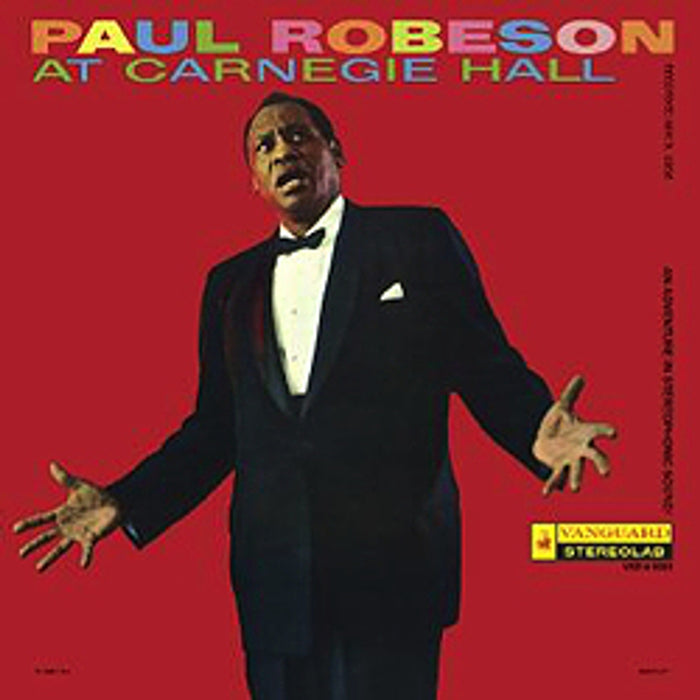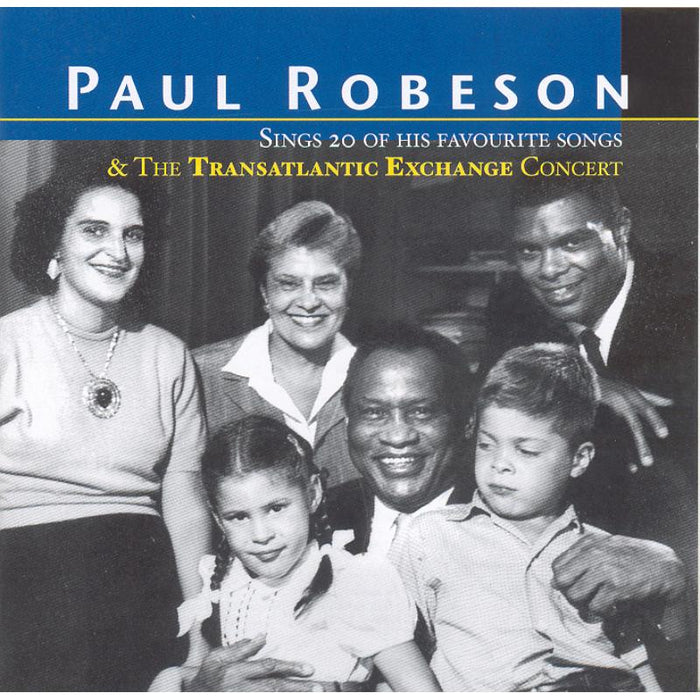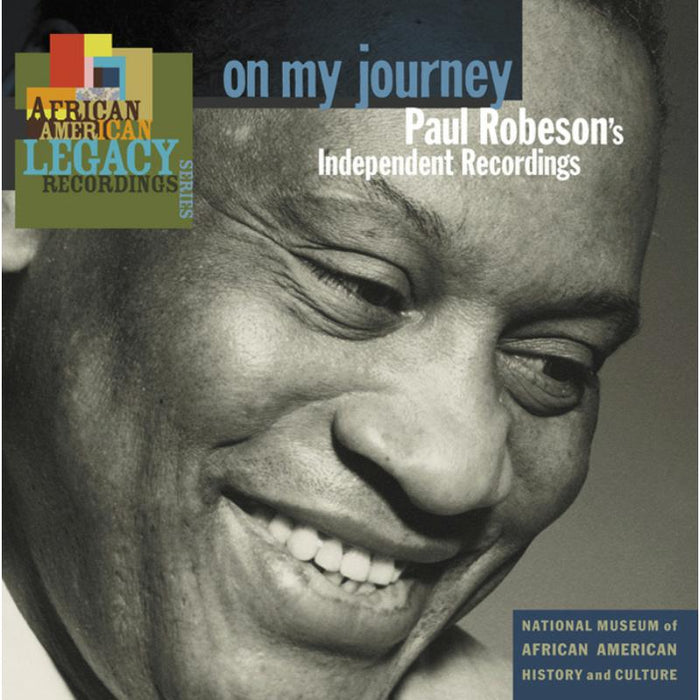Description
PAUL ROBESON SpiritualsOriginal Recordings 1925-1936Among his remaining fans Robeson is still most generallyadmired for his intimate, easy way with songs from films and musicals includingShow Boat and with certain numbers of the 'Just A-Wearyin' For You' or 'SleepyTime Down South' varieties, ballads heartfelt and direct in sentiment withwhich he could closely identify himself. Never a singer in the strictest criterion of 'bel canto', he wasnonetheless a great minstrel gifted with the common touch and as a singer ofspirituals (and latterly of protest songs) he has long been rated a master,although he was by no means the first or only Negro vocalist to establish aninternational reputation in these genres. More accurately, like the tenorsRoland Hayes and John Payne and, even more monumentally in his own generationthe mezzo Marian Anderson, through large global sales of his spiritualrecordings Robeson furthered an already thriving tradition. Far from being a pure manifestation of folk-song, thespiritual as we now know it is really a hybrid contrived from the religioussongs of the South such as those gathered in William F. Allen's monumental 1868compendium Slave Songs Of The United States and exploited commercially in thetouring shows of the Christy Minstrels of the 1850s, the Georgia and Fisk UniversityJubilee Singers of the 1870s and, more recently still and most enduringly, inthe arrangements popularised by the Erie, Pennsylvania-born Negro baritonerecitalist Henry Thacker Burleigh (1866-1949), whose seemingly immortalcreations included Deep River and Go Down, Moses, both published commerciallyin 1917, by Ricordi & Co. Paul Le Roy Robeson was born into a middle-class family inPrinceton, New Jersey, on 9 April 1898. His mother was ateacher and his father, a former slave and sometime student of theology, was apractising Presbyterian preacher. Brought up in a hard-working, God-fearingenvironment, Paul's studious inclinations were encouraged and at thirteen hewas selected for Somerville High School where, in addition to indulging his fondnessfor amateur dramatics, he also shone at football and sang in the gleeclub. Initially intending topursue a career in jurisprudence, he successively enrolled in the law facultiesof two leading American universities: first, Rutgers in New Jersey, thenColumbia in New York City. Paul graduated from Rutger's with a Bachelor'sdegree in 1919, was called to the bar in 1921 and continued to study law untilhe graduated, in 1923.A keen semi-pro drama student he had meanwhile also made hisacting debut in Simon The Cyrenian (Harlem YMCA, 1920), worked briefly in EubieBlake and Noble Sissle's all-black Broadway melange Shuffle Along (hetemporarily replaced the bass William Hann in the Four Harmony Kings) and, inJuly 1922, had sailed to England where he appeared in London in Mary HoytWiborg's Taboo (later re-titled The Voodoo) with the celebrated doyenne ofEnglish actresses, Mrs. Patrick Campbell (1865-1940).













